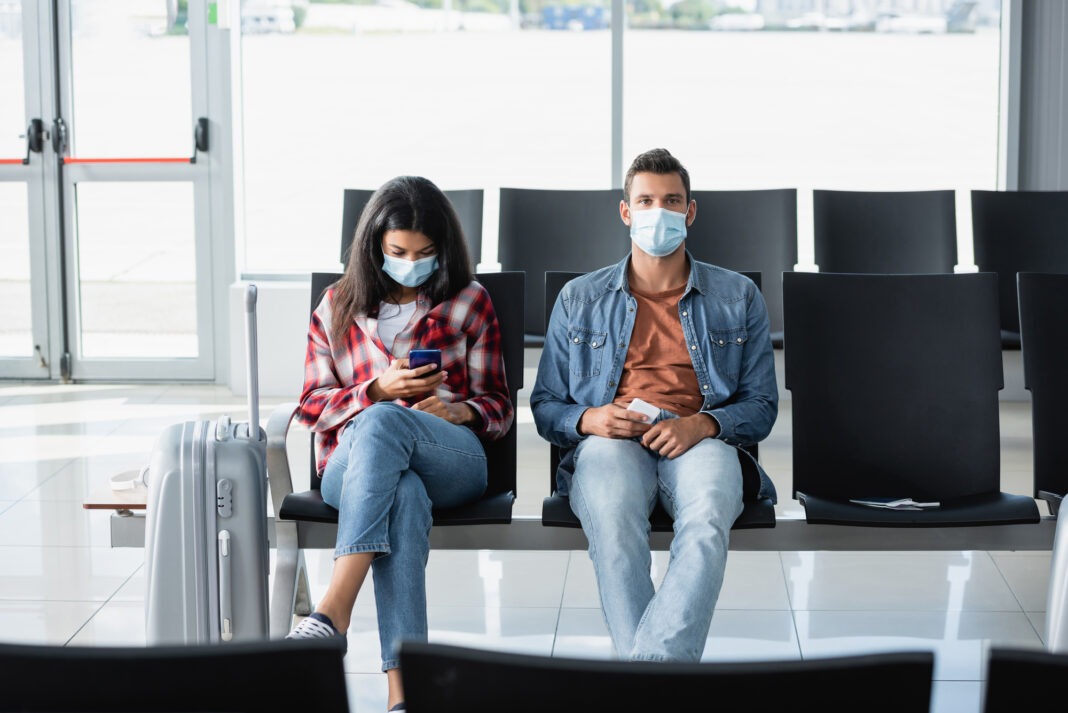Pack your bags and grab your passports! Starting March 23, the Netherlands will relax travel restrictions for people travelling from within the EU/Schengen area. 🇪🇺
This means it’ll no longer be mandatory to have a negative coronavirus test, proof of recovery, or proof of vaccination to travel to the Netherlands, according to the Dutch government.
Measures for EU and non-EU citizens
But before you start planning your trip, there are a few different measures to keep in mind. 👀
After March 23, EU citizens can easily travel to the Netherlands from within the EU/Schengen area but they must travel with a health declaration form.
Non-EU citizens still cannot travel to the Netherlands, save for some exceptions such as travelling from a safe country or for urgent travel reasons. But the testing obligation also expires for them. ❌
Proof of recovery certificates
To make matters a little easier, the Netherlands will also accept recovery certificates based on positive antigen tests. ✅
Until March 23, the Netherlands only accepts proof of recovery statements based on positive PCR tests.
After that, anyone who tests positive on an antigen test can use that in their proof of recovery certificate (yay for saving money!). 💸
The Dutch government still advises travellers to self-test on arrival in the Netherlands and on day five after arrival.
Will you be travelling around the Netherlands any time soon? Tell us in the comments!




Why are the unvaccinated UK travellers being discriminated against and not allowed in?